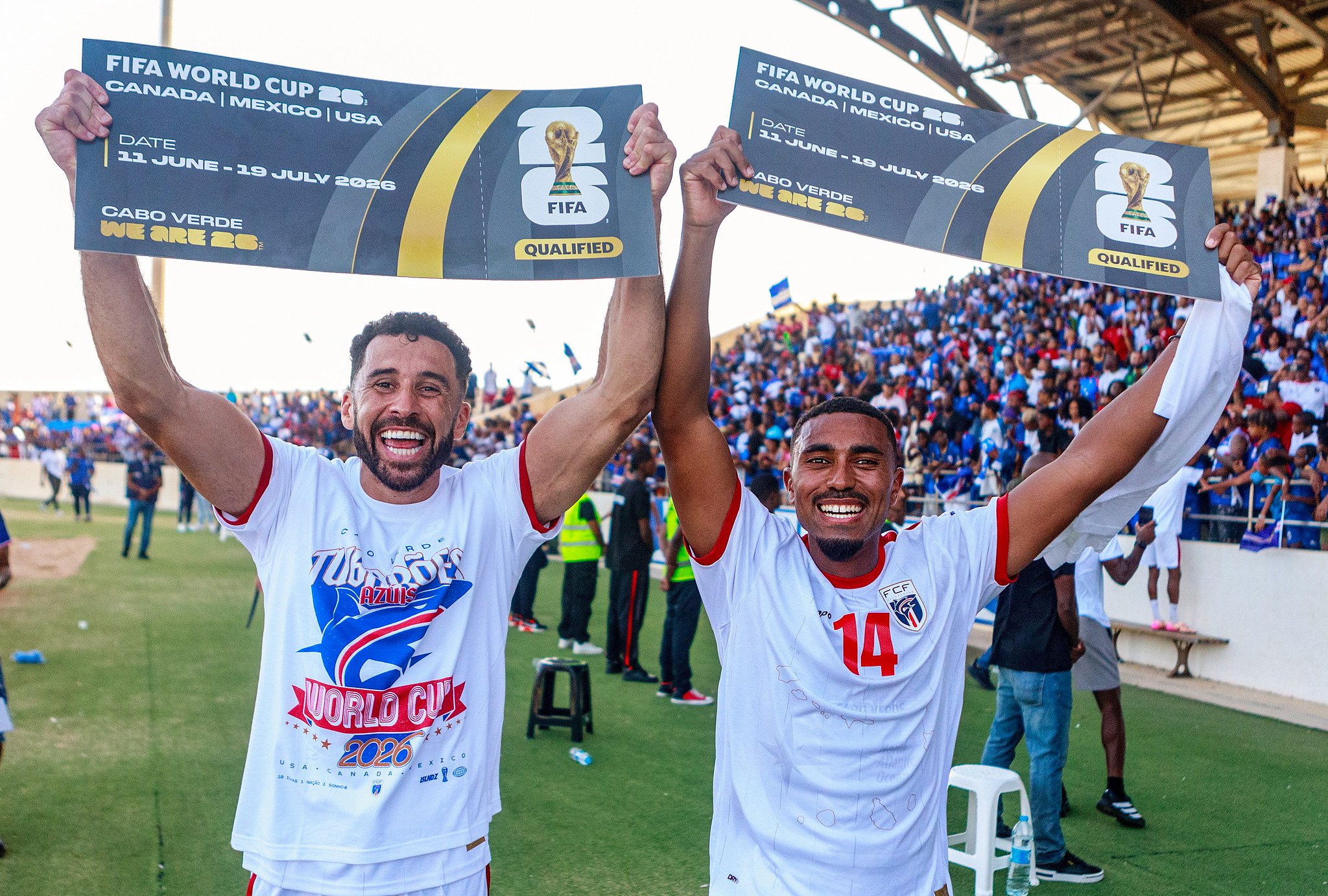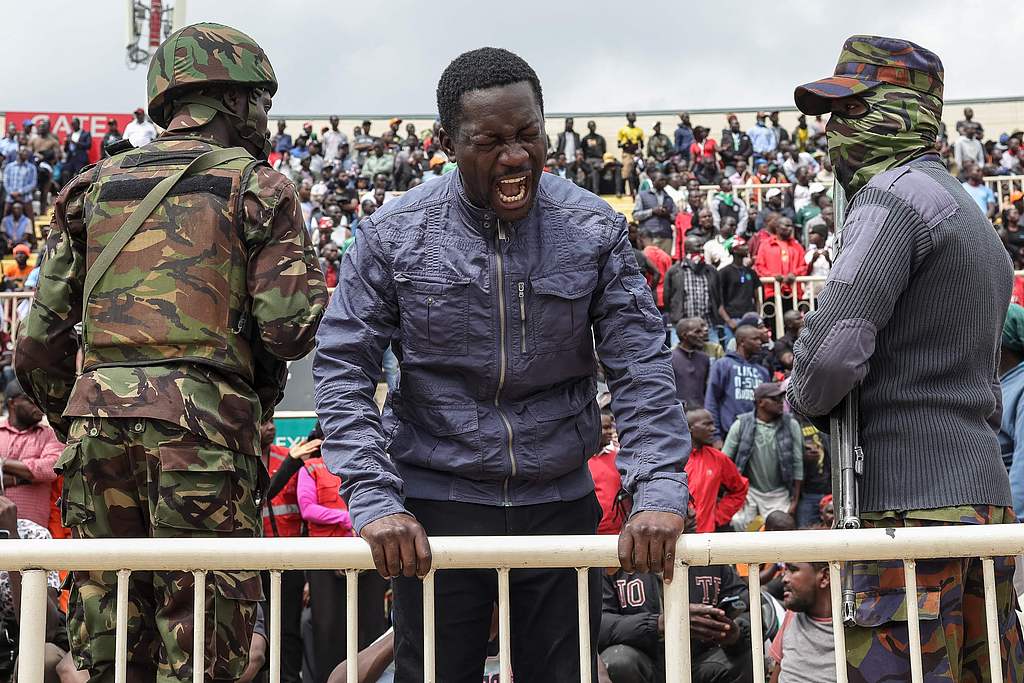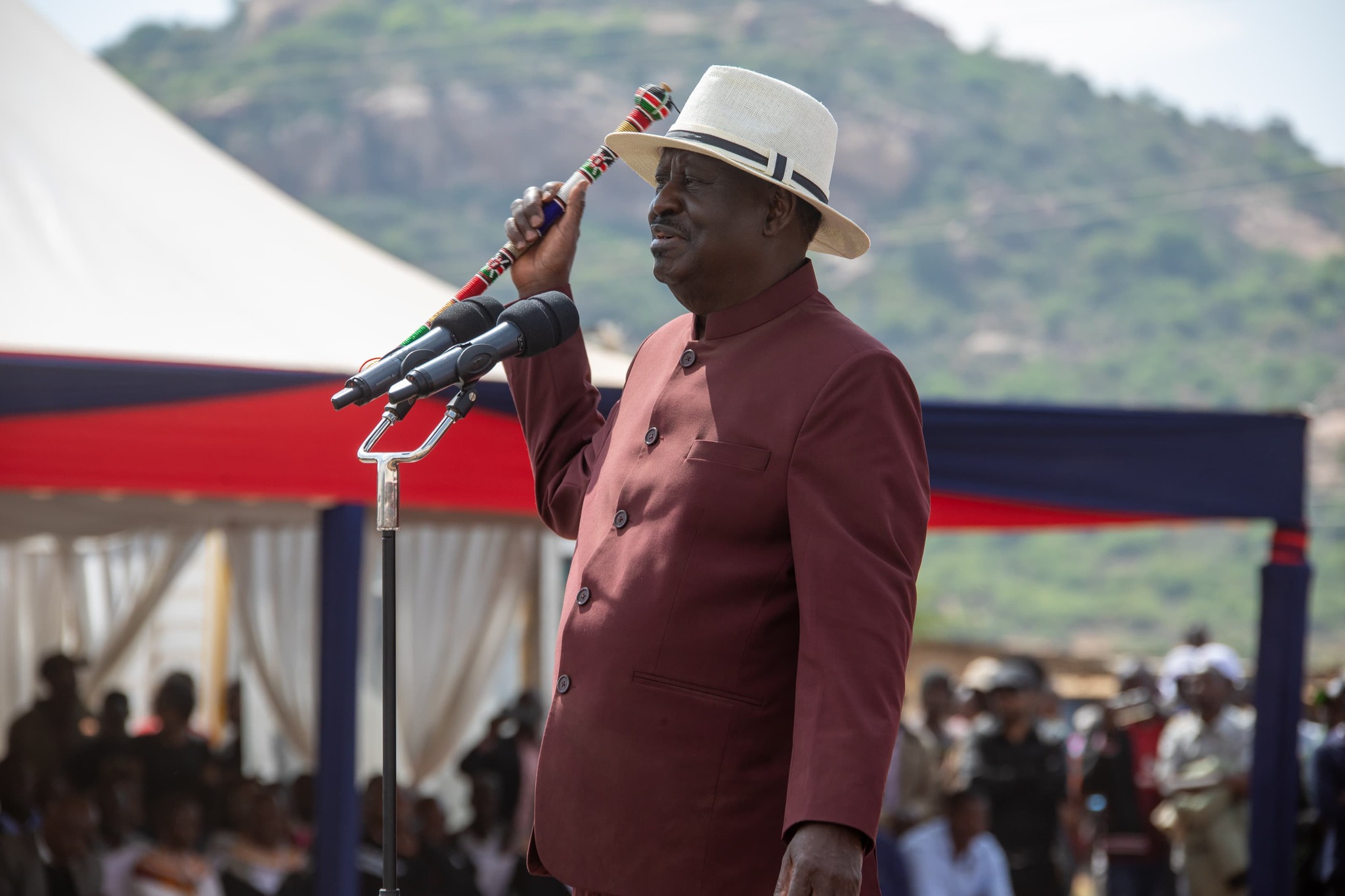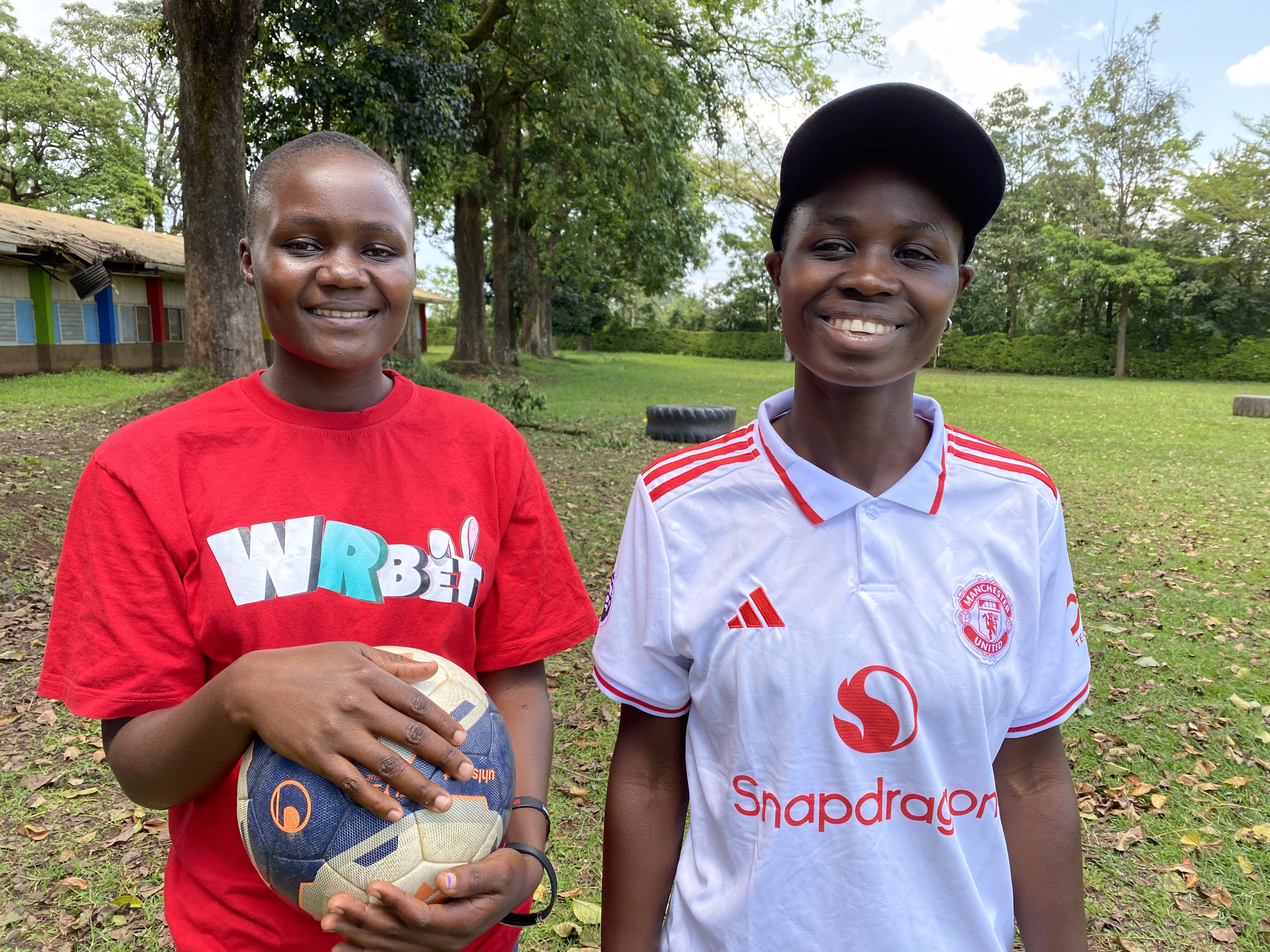
How Nigeria rejected boxer Anthony Joshua

Many stories of success start with the hurdle of failure. For the new IBF and WBA heavyweight champion of the world, Anthony Oluwafemi Joshua, he knows this better than anybody else.
During Saturday night’s fight, a back-and-forth boxing match that brought the sport under the mainstream eye, Joshua could have fought Vladimir Klitschko wearing the green-white-green banner of Nigeria rather than the British Union Jack.
Rejected by Nigerian boxing officials in 2008, when he wanted to go back to his Nigerian roots and represent the country of his parents at the Olympic Games, Joshua then chose to pursue a boxing career in the place of his birth instead.
Born in Watford, U.K. to a Nigerian mother and a British father of Nigerian and Irish descent, Joshua always held onto his Nigerian heritage. Nicknamed “Femi” by his friends and former teachers, the boxer now has the African continent – with Nigeria highlighted – tattooed onto his right shoulder.
Some of 27-year-old Joshua’s early years were also spent in Ijebu-Ode, Nigeria with his mother at a boarding school, before he returned to the U.K. at the age of 12 for education.
“I thought I was going there [Nigeria] on holiday,” Joshua told Mail Online.
“I wasn’t prepared for it. It was a boarding school as well. It was a change and I thought I was going to go for the full course: 5.30am in the morning, up fetch your water, put like an iron in your water to warm it up. Your clothes had to be washed and ironed.
“It wasn’t an issue but I wasn’t prepared. It was good discipline. We got beaten. That’s my culture: beating.”
Throughout his childhood, Joshua pursued amateur boxing. It was his love of the sport, and the love of Nigeria that drove him to try and represent the country in the 2008 Olympic Games.
Obisia Nwankpa, former Commonwealth champion, world title contender and chief coach of the Nigerian boxing team, tells the story of the snub: “He reached out to us, asking to be part of our Olympic team, so we invited him to come down and take part in the trials.
“Unfortunately, he did not appear when we asked him to and came down only when we had finished our trials, finalised our team and were about to travel for a training tour. Maybe other coaches would have accepted it, but I could not.
“It’s a pity he did not get his chance at that time, but the two boxers we selected then, Durodola Olanrewaju and Onorede Ohwarieme, were outstanding and experienced and there was no way I was going to drop them for somebody I had not even seen.”
Both Olanrewaju and Ohwarieme failed to go beyond their first bouts at the Beijing Olympics. But Nwankpa remains convinced that Joshua would not have fared any better at the time.
“Those two were great boxers and the reason they did not do so well was partly because our preparations were not really so good, and partly because there is also some politics in the way they judge these fights at amateur level.”
However, Jeremiah Okorodudu who represented Nigeria at the 1984 Olympic Games, has another take on why Joshua was rejected.
Okorodudu claimed that some stinging words were said to the young boxer.
“When they turned him back, they told him that if he was that good he should have fought for Britain,” Okorodudu told This Day.
It seems that the snub provided additional motivation which spurred the young boxer to fight his way into representing the British Olympic team. Four years later, he became Great Britain’s cornerstone Olympic gold medalist.
“Well, maybe if he had represented Nigeria at that time he would not have won gold at the Olympics. And possibly, even if he had won, he may not have achieved what he is achieving now,” Nwankpa said.
“Being born in England gives him a certain amount of preference and because he is representing them, he also gets a lot of support from them; good management, and world class preparation.
Joshua now boasts a perfect 19-0 record following his win over Klitschko, with all of the 27-year-old’s victories coming inside the distance.






